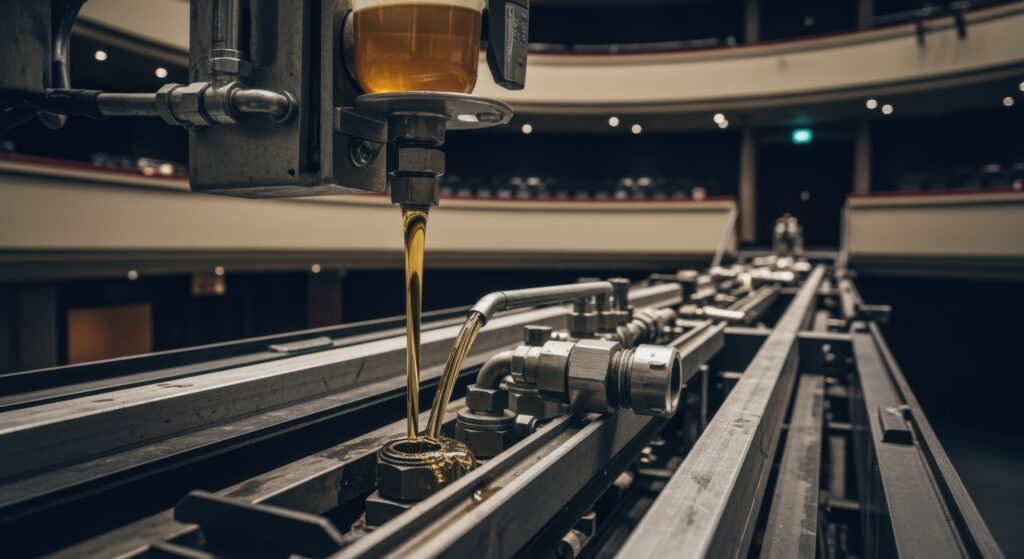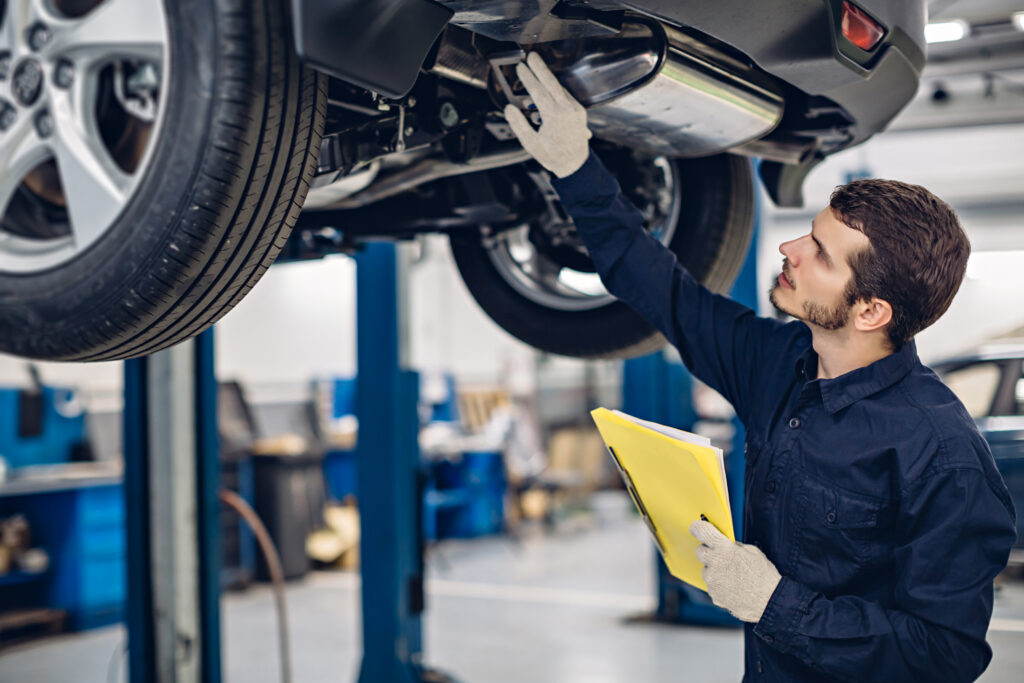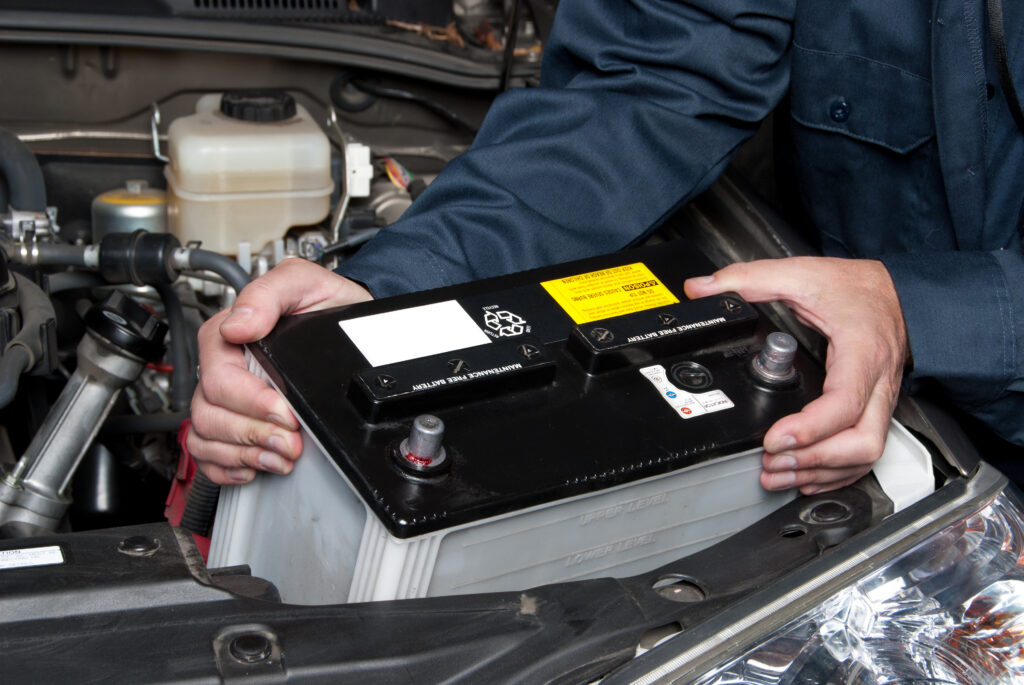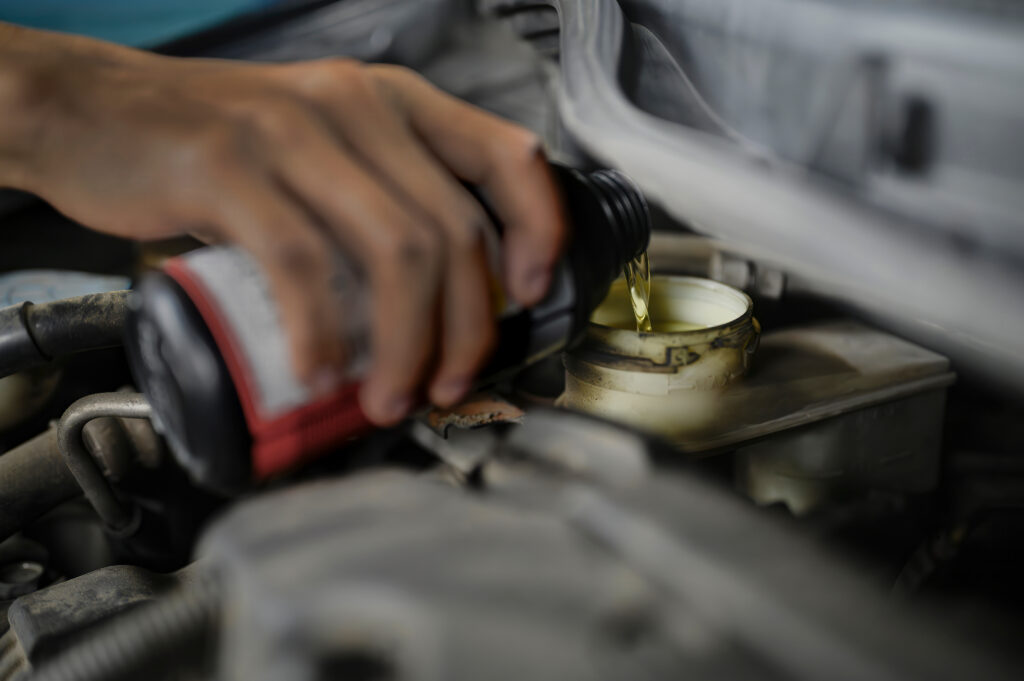Daily driving causes a lot of stress on car parts. And while vehicles are designed to handle all kinds of driving habits, your car is bound to wear down over time. It’s safe to say that we all want our cars to last as long as possible, and proactive maintenance is the key to a long-lasting vehicle. Let’s talk about the car parts that need routine replacement and how often you should get them changed.
Why Do Car Parts Need Proactive Maintenance?
We depend on our cars to get us around each day. And when something unexpectedly breaks down, it’s not only a massive inconvenience, but it can also lead to very expensive repairs. Proactive maintenance keeps you assured that your car will be reliable the next time you drive it. What’s more? Getting these parts routinely changed will also prolong the life of your vehicle.
Which Car Parts Need Routine Replacement?
While you should keep an eye on every part of your car and get service at the first sign something’s wrong, some car parts need proactive maintenance more than others. Here are the most common parts that need routine replacement.
Fluids
The most common kind of proactive maintenance is oil changes, but several other automotive fluids need to be routinely drained and refilled. These fluids include coolant, brake fluid, power steering fluid, transmission fluid, and windshield washer fluid. Here’s when to change them:
- Oil Change: Every 3,000 to 5,000 miles
- Coolant Flush: Every 30,000 miles (or one to two years)
- Brake Fluid: Every 45,000 miles (or every three years)
- Power Steering Flush: Every 40,000-80,000 miles (depending on vehicle)
- Transmission Fluid: Every 30,000-60,000 miles for manual transmission (or 60,000 to 100,000 for automatic transmission)
- Windshield Washer Fluid: Every 6 to 12 months.
Filters
You’ve probably been asked if you want your filters replaced during an oil change. But what you might not know, is how important it is to regularly swap out filters. Driving with clogged air filters limits the airflow that reaches the engine, causing it to burn through fuel faster. Wait too long, and a clogged air filter can even cause the engine to misfire due to all the dirt building up on the spark plugs. With rising gas prices, it’s best to keep these filters clean, so you can extend the mileage you get from each tank of gas. Air filters should be changed every 15,000 to 30,000 miles, or about once a year. Other filters that need routinely replaced include:
- Oil filters: About every 3,000 to 5,000 miles
- Fuel filters: About every 20,000 miles
- Cabin air filters: Between 15,000 and 30,000 miles
Spark Plugs
Spark plugs generate a spark, igniting the air and fuel mixture that fires up the engine. Over time, the sparks lead to corrosion, and if used past their lifetime, they can cause engine trouble. Spark plugs should be replaced every 20,000 to 40,000 miles.
Brake Pads
Hearing a screeching sound each time you brake? That’s an instantly recognizable sound that your brake pads have worn down to the metal. Every time you hit the brakes, you wear the pads down a little at a time. When you hear that screech, it’s time to replace your brake pads as soon as possible. Driving with worn pads can cause the car to struggle more to slow down, put more stress on tires, and cause damage to the brake rotors and calipers. Brake pads should be replaced every 10,000 to 20,000 miles.
Tires
Tires need to be replaced when the tread is worn down. Otherwise, the tires will have a tough time gripping the road during slick weather conditions like rain and snow. You can extend the lifetime of your tires through proactive maintenance like routine tire rotations. By rotating the tires every 5,000 to 7,500 miles, the tread will wear equally. Maintaining your tires can keep them lasting for their full life cycle of about six years.
Car Battery
We’re used to changing batteries in things like flashlights, toys, remotes, phones, and computers, and our cars are no different. The batteries in our cars wear down over time, unable to hold a charge like they used to. Depending on where you live, cold winters can be brutal on car batteries. On average, car batteries last around 4-5 years.
However, here are some other driving habits that affect the car’s battery life:
- Letting the car idle too long
- Leaving A/C and car lights on while stationary
- Heavy acceleration
Alternator
The alternator depends on your car battery’s health. When a car’s battery wears down, the alternator is forced to make up for the lack of power. An overworked alternator can lead to malfunctions. On the other hand, the health of the alternator will also directly impact the battery. Unhealthy alternators will drain a car’s battery, causing the car to die. It also impacts the lifespan of car batteries. On average, the alternator lasts around 6-10 years, or about 80,000 to 150,000 miles.
Wrapping Up
Proactive maintenance plays an important role in keeping your car functioning for years to come. These are the most common car parts that need routine replacing, and if left ignored, they can cause further damage to your vehicle and even lead to dangerous accidents. If you start to notice any strange sounds, smell any weird odors, or feel any alarming vibrations, it’s best to get your vehicle looked at by an expert mechanic.
Haven’t had any of these parts changed in a while? We’re here to help! Schedule an appointment with Naylor’s Auto Repair so our expert mechanics can get your car back out on the road safely and quickly.





